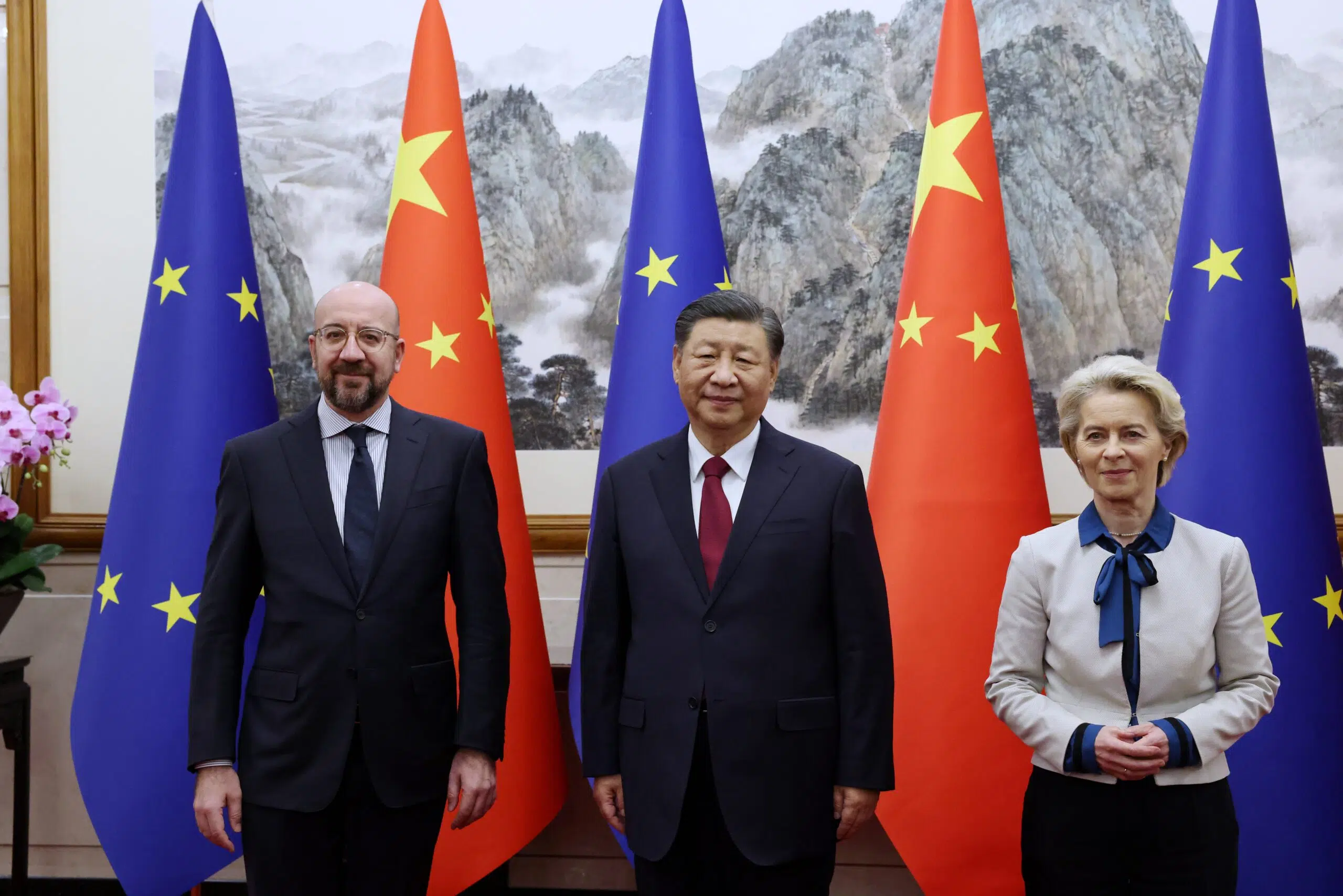Brussels – The 24th summit between the EU and China, the first in person since 2019, goes into the archives with nothing to show for it. Awareness remains – in the words of Ursula von der Leyen – of a complex relationship that we have a responsibility to make work. The distances are too deep for real rapprochement, the bond too strong to break.
After months of contacts and bilaterals, there was a packed agenda on the summit‘s plate: the Russian invasion of Ukraine and the conflict between Israel and Hamas, trade relations to be rebalanced, and cooperation on the climate agenda. And then the Taiwan issue and respect for human rights. Too many perhaps, to return to Brussels with anything concrete. Not even on the most important point: the trade balance between the two partners and rivals.
An imbalance that has become “unsustainable,” according to von der Leyen: the EU’s deficit with the Asian giant has reached 400 billion euros, ten times more than it was just two decades ago. “If you look only at the last two years, the trade deficit has doubled, and this is a matter of great concern for many Europeans,” the president of the European Commission said on the sidelines of the summit. No news, the trade balance leaning sharply to one side is something familiar in Brussels as well as in Beijing. “We expect China to take more concrete actions to improve market access and investment for foreign companies,” said Charles Michel, who perhaps expected that some measures could be agreed upon as early as today.

However, the EU’s rhetoric on China irritates the president of the People’s Republic, who has branded it as a “protectionist” attitude. Von der Leyen made it clear to Xi Jinping that the EU does not seek an unlikely decoupling from China, but rather to pursue a de-risking approach. That means “addressing excessive dependencies and diversifying supply chains.” Then again,” von der Leyen noted, “China has always had the same approach, that of self-sufficiency.”
While the road still seems long and steep on the economic dossier, “the fight against climate change is an area where the EU and China are cooperating very constructively,” von der Leyen tried to buffer. The EU leader congratulated Xi for adhering to the global methane commitment, a plan to reduce global methane emissions by 30 percent by 2030 from 2020 levels. “This is a big step forward, but it would be a strong message from China to also join the global commitment on renewable energy,” von der Leyen relaunched. A commitment that in the first week of Cop28 was joined by 125 countries.
Frictions remain, however, even in the race for the climate agenda. “We are very concerned about the increased use of coal-fired power plants in China. We know that one of the most difficult issues is getting rid of fossil fuels, but we want China to take a strong position on eliminating fossil fuels by 2050,” von der Leyen made clear. Indeed, China in 2023 has kicked off dozens of new coal-fired plant projects.
English version by the Translation Service of Withub




